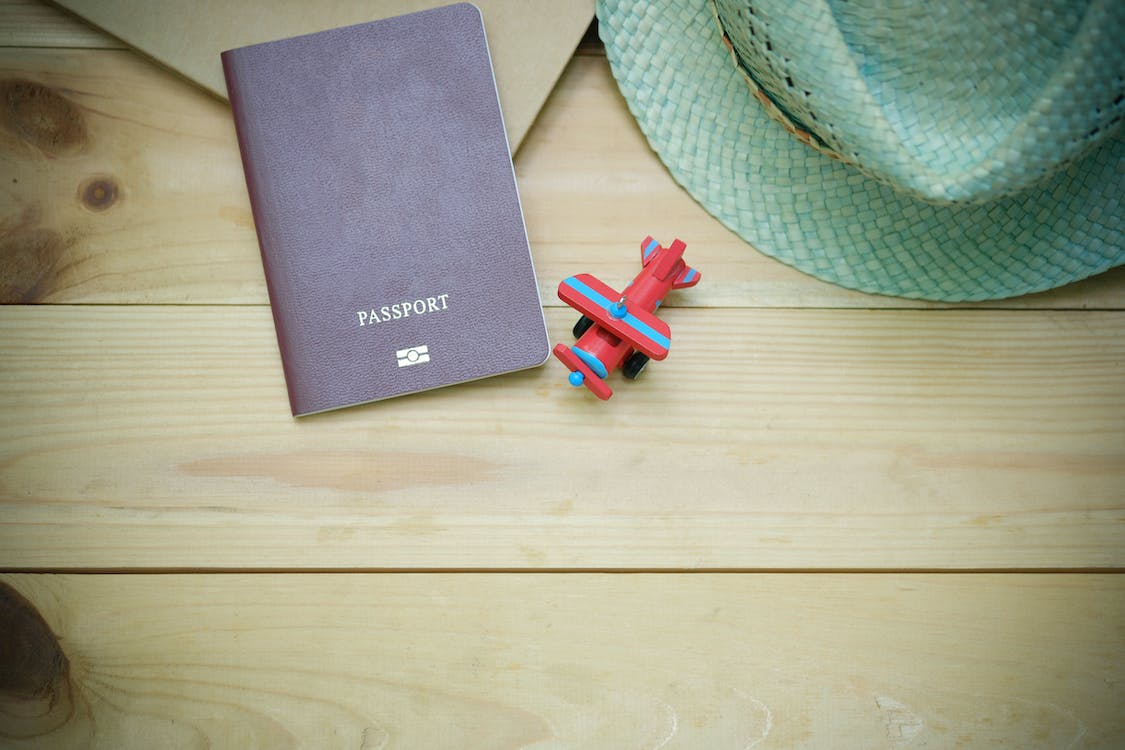Border control, immigration, and customs are all critical functions to properly manage a country’s borders. While they may seem similar, each function serves a distinct purpose in regulating the movement of people and goods across international borders. This article will explore the differences between border control, immigration, and customs.
Border Control
Border control is the function of a country’s government responsible for managing and controlling the movement of people across its borders. It encompasses a range of activities, such as monitoring ports of entry and exit, checking travel documents, and enforcing immigration laws. Border control aims to ensure that only authorised individuals are allowed to enter or exit the country and to prevent illegal immigration, smuggling, and other illegal activities.
In the United Kingdom, border control is managed by the Home Office, which operates the UK Border Agency (UKBA). The UKBA manages the UK’s borders and enforces immigration laws. UK border control officers are stationed at ports of entry, such as airports and seaports, to check the travel documents of individuals entering or leaving the country.
Immigration
Immigration refers to people moving from one country to another to live, work, or study. Immigration is regulated by the government of the country being entered and can involve various visa and permit requirements. In the UK, the Home Office is responsible for managing immigration policy and enforcing immigration laws.
To enter the UK, individuals typically need a visa or entry clearance. The type of visa required depends on the individual’s reason for travel, such as work, study, or family reasons. Immigration officers at ports of entry are responsible for checking the travel documents of individuals and ensuring that they meet the requirements for entry to the UK.
Customs
Customs refers to the agency responsible for overseeing the movement of goods across borders. Customs officers are responsible for enforcing import and export regulations, collecting duties and taxes, and preventing the smuggling of illegal goods. The HM Revenue and Customs (HMRC) is responsible for customs duties and tax collection in the UK.
Customs officers are stationed at ports of entry to check the documentation of goods being imported or exported. They may physically inspect goods to ensure they meet the relevant regulations and standards. Customs officers have the authority to seize goods deemed illegal or harmful to the public.
Finals Thoughts
Border control, immigration, and customs are different functions related to the movement of people and goods across borders. Border control is the overall function of managing borders, immigration is the process of people moving from one country to another, and customs is the agency responsible for regulating the movement of goods across borders. While these functions may overlap in certain areas, they serve distinct purposes in ensuring a country’s borders’ security and proper functioning.
It is important to understand the differences between these functions, particularly if they are traveling internationally or involved in international business. By understanding the roles of border control, immigration, and customs, individuals can ensure that they are properly prepared and in compliance with relevant regulations when crossing international borders.


